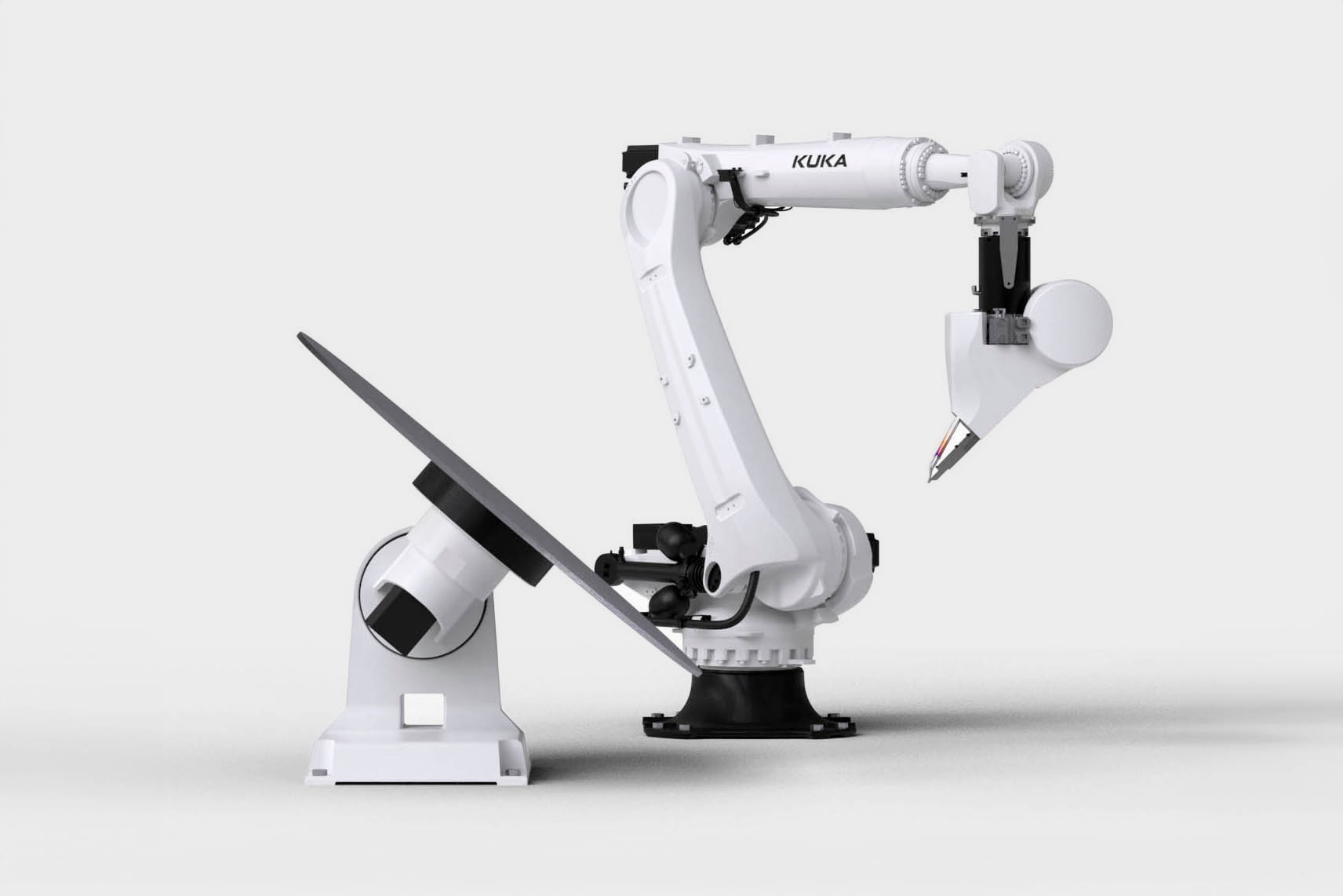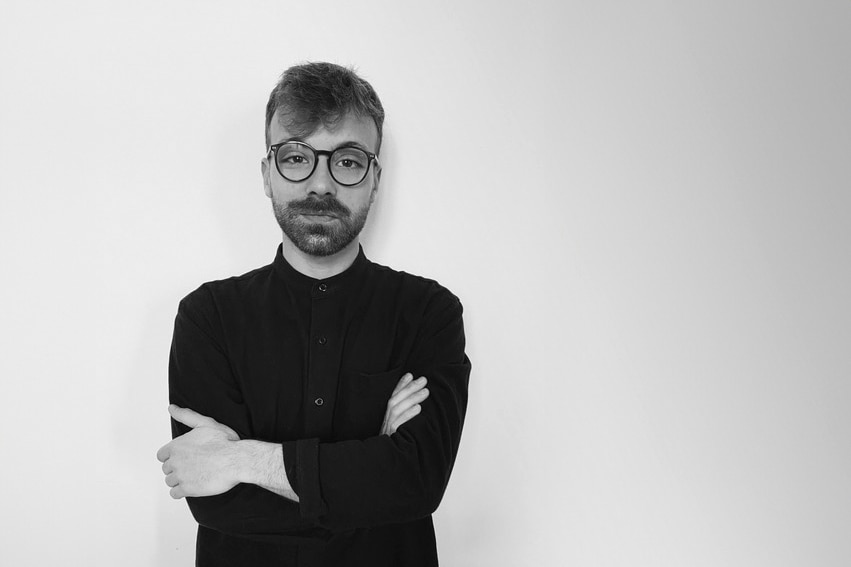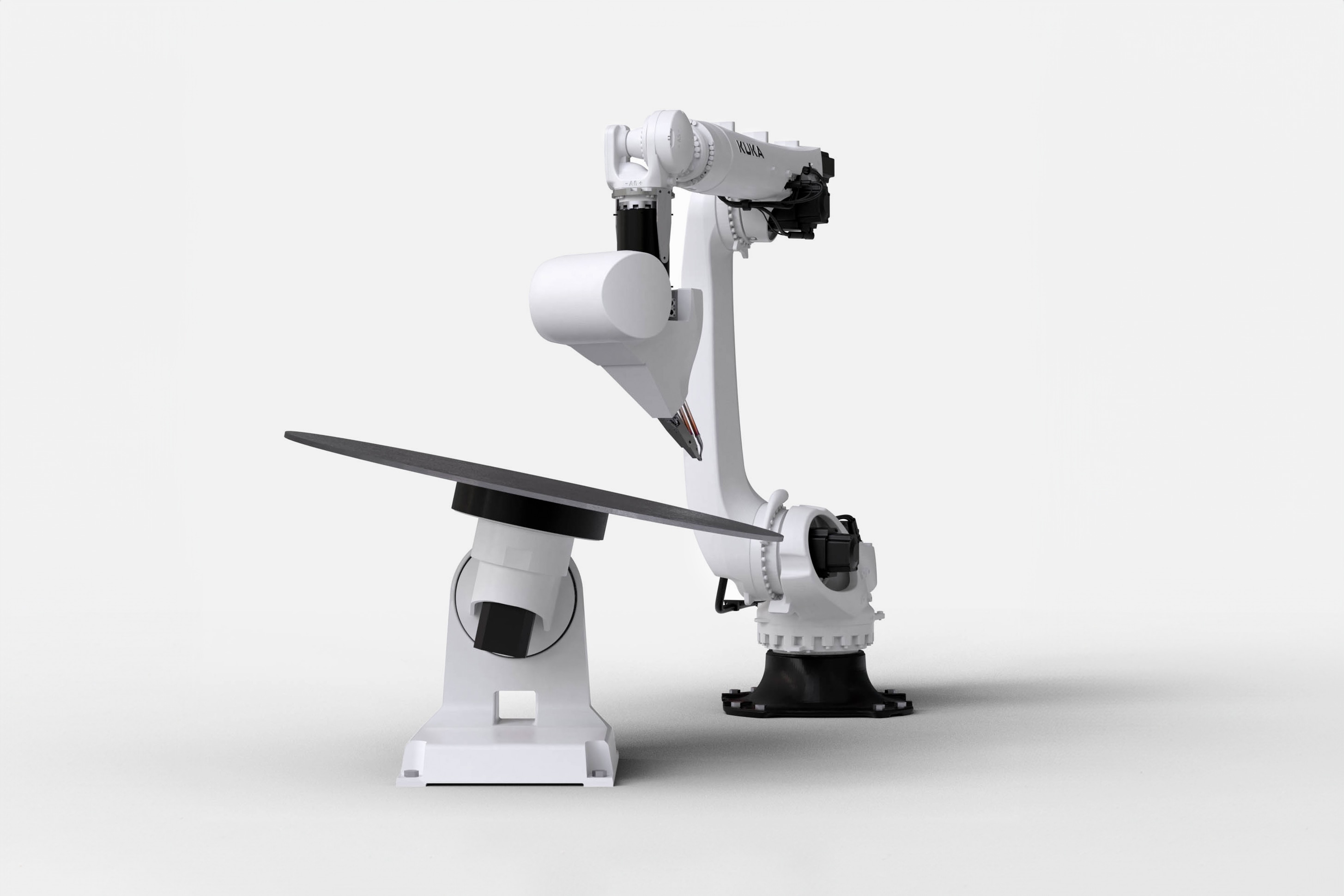Author: Paolo Possa, general manager, Leister Italy
Since 2018, Moi Composites, a spin-off of Milan Polytechnic University, has been creating continuous fiber composite objects with innovative materials. A proprietary process enables the company to make strong, lightweight, high-performance objects in an almost unlimited variety of complex geometries, all at a competitive cost. For example, the company produces futuristic motorboats using the 3D printing process.
To achieve this remarkable result, Moi Composites has combined some of the most exciting technologies on the market-robotics and 3D printing-with a selection of proven and reliable components, such as Leister's LE MINI heaters.
Tommaso Geri, the company's Materials Engineering Chief, describes this innovative application.
How does your production process work?
This is a proprietary Additive Manufacturing process called CFM - Continuous Fiber Manufacturing: it is an innovative technology that relies on the use of robots to 3D print continuous fiber composite objects in an all-digital workflow. The CFM process makes it possible to produce high-performance composite components and products without the need for templates, molds, or additional processing tools, without the need for autoclaves, other consolidation/post-curing processes, or generating machining waste.
What benefits does it bring to your customers?
This patented technology makes it possible to produce strong and lightweight objects with complex geometries. The technology also produces geometries that are impossible to achieve with traditional manufacturing methods, optimizing their morphology according to the loads and stresses expected for the product in operation.
The materials used consist of proprietary thermosetting resins appropriately filled with continuous fibers (e.g., carbon, glass, aramid, natural fibers) that enable the construction of composite parts with high mechanical, thermomechanical, and chemical performance.


